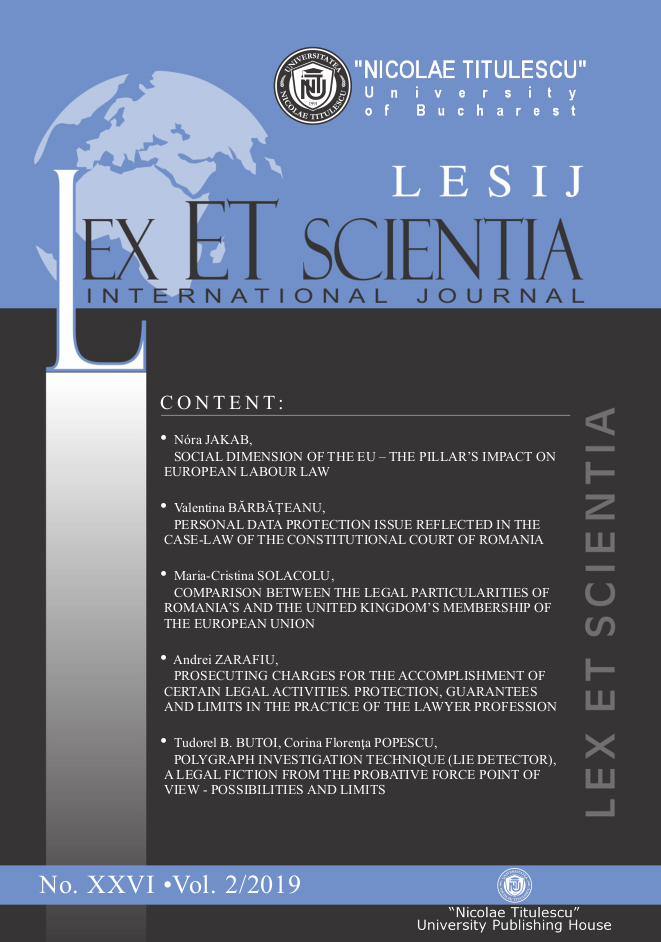IMPLICATIONS OF CJEU JURISPRUDENCE ON THE DELIMITATION OF WORKING TIME BY REST TIME IN THE COLLABORATIVE ECONOMY
IMPLICATIONS OF CJEU JURISPRUDENCE ON THE DELIMITATION OF WORKING TIME BY REST TIME IN THE COLLABORATIVE ECONOMY
Author(s): Răzvan AnghelSubject(s): Law, Constitution, Jurisprudence, Civil Law
Published by: Universitatea Nicolae Titulescu
Keywords: working time; rest time; collaborative economy; workers; employees; self-employees;
Summary/Abstract: The specificity of the collaborative economy has raised a number of issues with regard to the qualification of legal relationships between workers, final beneficiaries and the online platform that mediates the provision of work, respectively whether between the platform and the worker there is an employment relationship or there is a commercial relationship between the platform, self-employees and consumers. In particular, the question arises whether, in the case of these workers, the working time regulations apply and, if so, how they can be applied in concrete manner. The article contains an analysis on how some principles derived from the CJEU case law can be used to determine whether and under what conditions workers in the collaborative economy can benefit from protection by limiting working time and how can work time be delimited by rest time in their case, given the specificity of their work condition, in order to ensure an effective protection. ∗∗
Journal: LESIJ - Lex ET Scientia International Journal
- Issue Year: XXVI/2019
- Issue No: 2
- Page Range: 7-25
- Page Count: 19
- Language: English

